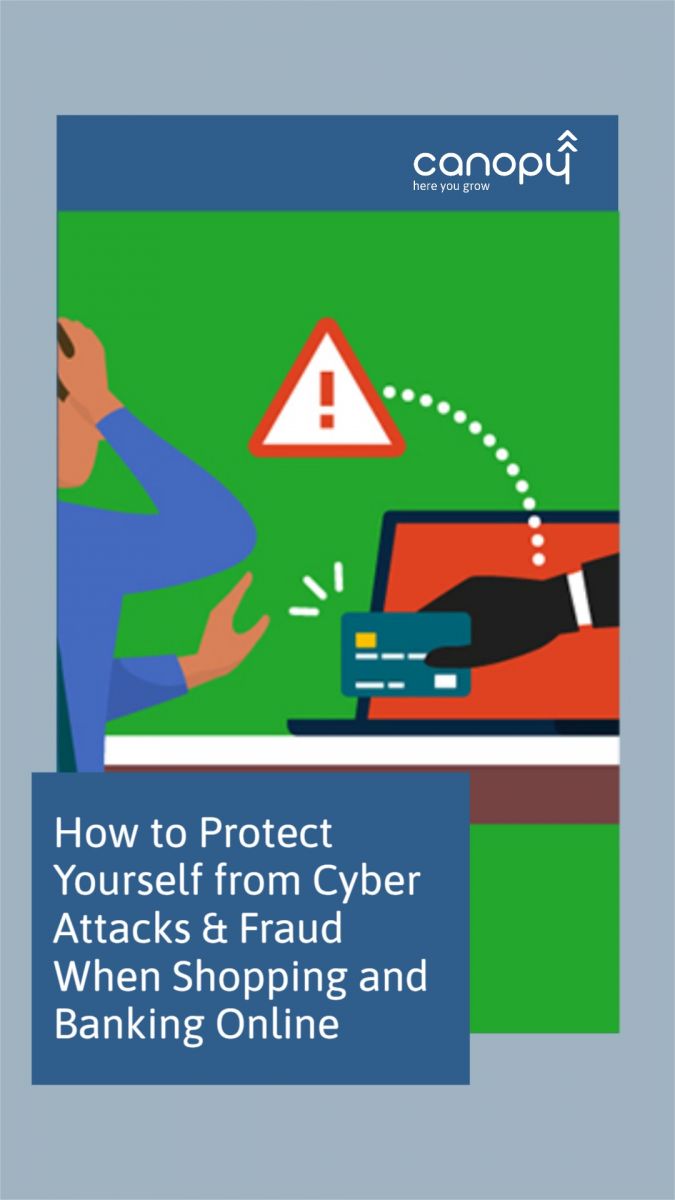What is a Cyber Attack?
A cyber attack is an attempt by a cybercriminal to steal sensitive data, disable computers, or use a breached computer system to launch additional attacks.
Unfortunately, cyber attacks are increasing in frequency and becoming more common. There is a lot of personal information stored on computers and computer systems these days, which can make them a tempting target for hackers. With the increased use of internet-connected devices, such as smartphones and smart TVs, there has been a rise in malware attacks attempting to steal personal information or take control of your compyter remotely.
What is Internet Fraud?
 Internet fraud is the use of internet services or software with internet access to defraud or take advantage of victims. According to the FBI, internet crime schemes steal millions of dollars each year from victims. They are an act of deception in which money or preperty is taken from the victims under false pretenses over the internet.
Internet fraud is the use of internet services or software with internet access to defraud or take advantage of victims. According to the FBI, internet crime schemes steal millions of dollars each year from victims. They are an act of deception in which money or preperty is taken from the victims under false pretenses over the internet.
There are two categories of internet fraud:
1. Fraudulent Misrepresentation
This include "too good to be true" false advertising, phising, and identity theft.
2. Credit Card Fraud
This type of fraud includes credit card cloning and unauthroized charges on stolen credit cards.
How to Protect Yourself from Cyber Attacks
The best way to protect yourself from cyber attacks is by being aware of the risks and protecting your data with strong passwords that you update frequently, installing antivirus software, and operating with firewalls. Stay aware of what activities you are doing online, and on all internet-connected devices. Take additional precautions before downloading software, or opening suspicious e-mails or social media messages.
How Do You Know if You've Been Hacked?
If you obvserve any of the following, you may have been hacked:
- Someone who is not you is sending e-mails from your personal or work e-mail account.
- Someone is sending messages as you from your social media accounts.
- Your computer is running slower than normal, even after updating.
- You notice a change in your password, bu you don't remember making the change yourself.
What should you do if you fall victim to a cyber scam?
Contact your credit union right away, we can often block the charge from going through. If you think your Scoial Security Number is compromised as a result of the cyber scam, visit idenitytheft.gov.
If you suspect that someone has hacked into one of your accounts, contact the company and change your password immediately to prevent any further damage.
Stay informed, and stay safe!
